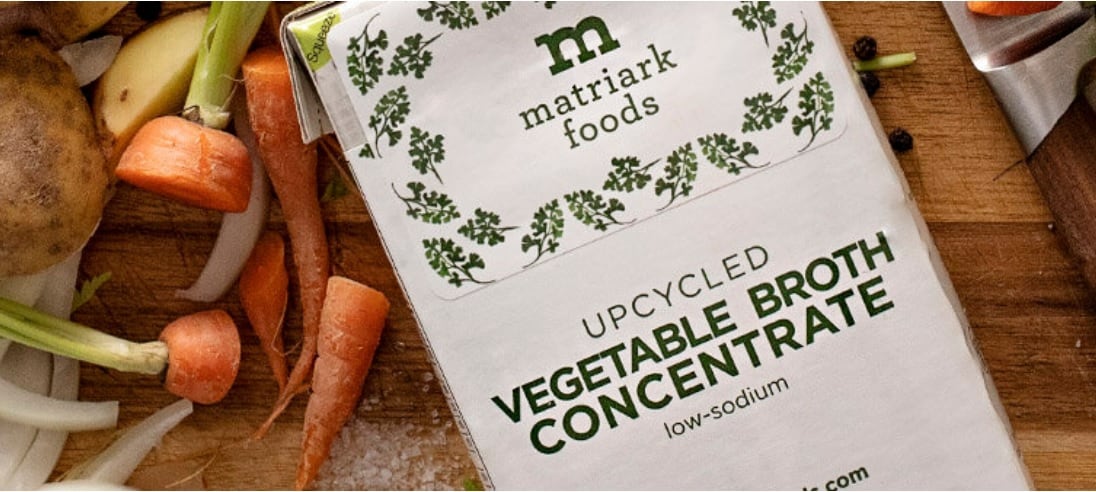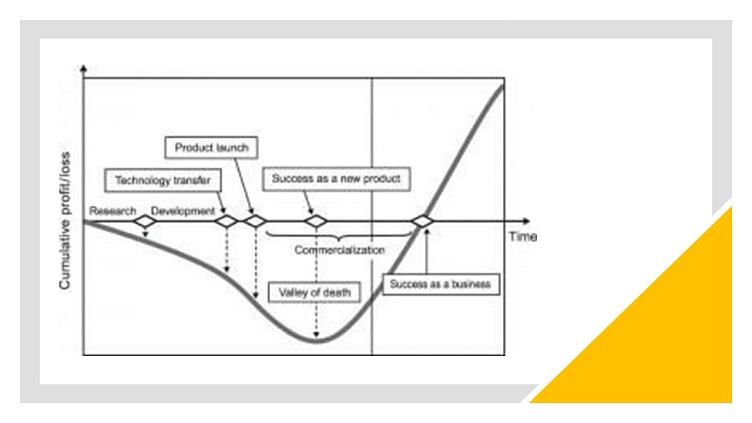But before co-ops can do this, they must overcome significant stereotypes, including that they are more prominent in white, affluent communities and that they are viewed often as a charity rather than “real” businesses that can drive financial growth and long-term value.
To address these challenges and lift-up co-ops as a platform for racial and food justice, the Cooperative Food Empowerment Directive, or CoFED, is training trans, Black, indigenous and people of color to re-envision and rebuild food and land cooperative ecosystems as viable options.
Supported by the impact-focused startup accelerator Food System 6 and a participant in FS6’s and Huhtamaki’s new Circular Economy Program, CoFED created and offers trainings, start-up guides and cooperative growth curriculum that can benefit stakeholders far beyond co-ops, including entrepreneurs, established manufacturers and retailers of all types across the food and beverage industry.
Dismantling systemic racism in food
“At CoFED, we’re really passionate about and dedicated to supporting trans, Black, indigenous, people of color who are cooperators in the food system” to overcome barriers created by systemic racism and what social justice advocate and author Tema Okun calls white supremacy culture, Dallas Robinson, communications and content creator at CoFED, told FoodNavigator-USA.
She explains that racism is deeply rooted in the food system, stretching back to theft of land from Native Americans and the enslavement of Blacks to work the land. That history “trickles down to many different things from interpersonal issues that make it hard for people to find work, to learn how to grow food, if they’re interested in starting farms. And then also the bureaucratic systemic issues that have historically barred, especially Black and Native people in this land from excelling or continuing to steward land or even eat well.”
By supporting people from low income families who seek cooperative economics as a means to build economic power and “make profits that feel good,” Robinson notes that CoFED is tackling head on the lack of generational wealth that many people of color in America have not been able to build and use to start or support businesses.
While co-ops are not a panacea for structural racism and its impact, they are built on principles that Robinson says instill empowerment and can pave a path toward a more equitable food system and future. These include a foundation in volunteerism, which ensures that people have a vested interest in the work they do that goes beyond a means to an end, as well as the idea that people will contribute what they have and benefit accordingly from the collective good.
“I think it completely offers a paradigm shift that is a much more healthy workspace overall,” where employees are valued and their welfare accounted for, she said.
Establishing co-ops as a viable business
For co-ops to build a more just food system, they must be viewed as a viable retail channel that can co-exist and compete with other retail options by seizing on emerging consumer trends, including demand for local, increased transparency and improved worker welfare.
“There is a big, big need for education around what a co-op is, because people actually think it’s not a real business. When people say co-op, they hear charity or non-profit, and that not what a cooperative is,” Robinson said.
Rather, it is a business model that values contributions from throughout the supply chain, often resulting in more local offerings and better connection to growers as well as increased transparency of sourcing and worker welfare – all social values on which consumers increasingly are basing purchasing decisions.
Just as there is a lot to learn about co-ops, Robinson says there is a lot to unlearn about food production and retail, which CoFED recently addressed in a five-week Build, Unlearn, Decolonize program.
The program covered everything from how to manage a co-op’s structure and finances to conflict management and storytelling, which Robinson explained starts from a place of ‘holistic visioning’ that connects the entrepreneur or co-op members with the broader community.
One of the most well-received sessions in the program was on cultivating anti-white supremacy, which sought to break down the characteristics of white supremacy culture outlined by Okun in her work White Supremacy Culture. These include perfectionism, a sense of urgency, defensiveness, either/or thinking and other values reinforce white supremacy that Okun argues hinder the adoption of other cultural norms and standards.
A call to action
Robinson encourages all stakeholders across the food and beverage industry to read and reflect on Okun’s research and thesis to better understand how structural racism impacts their personal views, those of the their organizations and the broader industry overall. In this way, the lessons and values promoted by CoFED can be applied far beyond just co-ops, Robinson notes.
She further calls on stakeholders to identify their core values by beginning with a list of 20, which is eventually winnowed down to three. From here, individuals can create actionable and impactful changes that benefit not only them, but the larger community as a whole.



